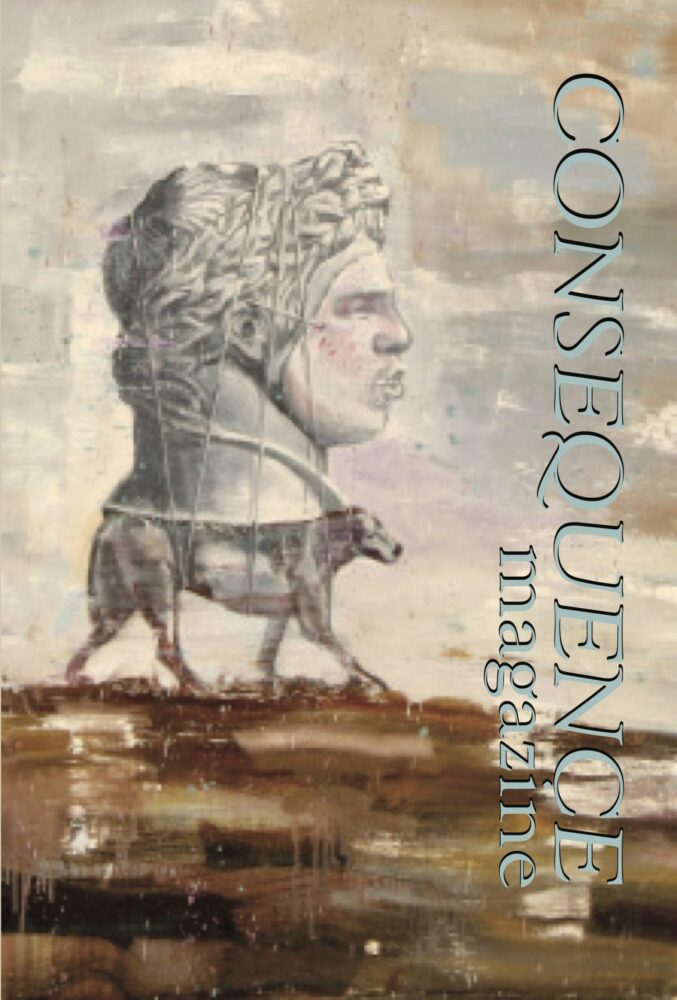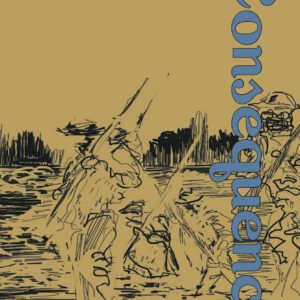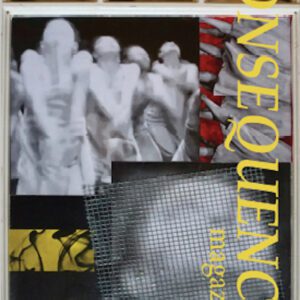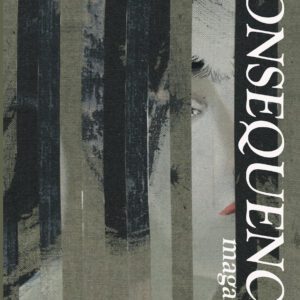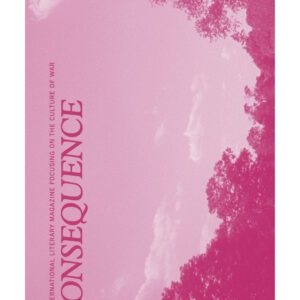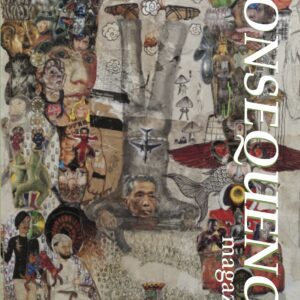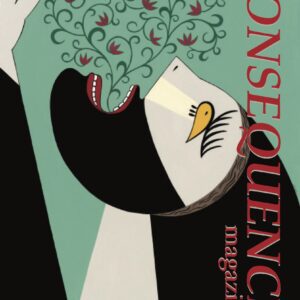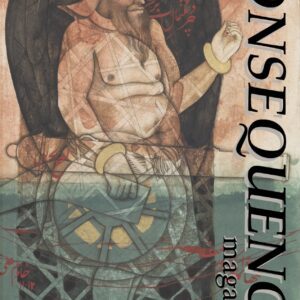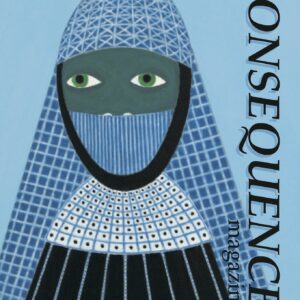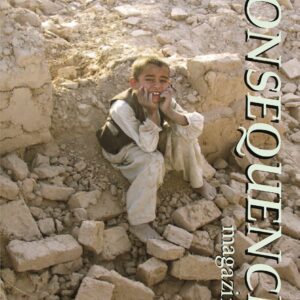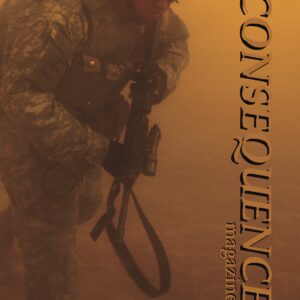Volume 7
$5.00
Editor’s Note
Writers are dangerous people. Authoritarian regimes fear the power of free thought and truth telling that dissident writers wield. If they are not controlled, their words can weaken entire régimes, as Aleksandr Solzhenitsyn’s did in the former Soviet Union. That totalitarian government banned his work and forced him to leave his homeland, but in banishing him, it damaged its own society by silencing a man whose art could help repair it.
Repression of writers dates back to the oldest known author, the Sumerian princess, Enheduanna, who was also the first writer in recorded history forced into exile. Daughter of the king and high priestess in the ancient Sumerian city of UR over four millennia ago, she composed poems in the first person that identified her and the religious practice that distinguished her. Her poems also describe her exile when the ruling power changed hands—and beliefs. Whether in wedge-shaped marks on clay or pixels on a lap-top screen, writers give expression to the conscience of their times. They bear witness to the spectrum of human endeavor, for good and bad, and in telling their stories sometimes risk their lives.
What must that be like? I try to imagine the decisions writers must make for the sake of their art, their safety, and the well being of family and friends. Can they continue to write in their own country if panels of ideologues censor their work or forbid its sale? Can they even permit themselves to think and express their thoughts freely, or must they censor themselves? For some, freedom to write means leaving home and loved ones, emigrating to a strange place, often not speaking the language, and struggling to support themselves and their art. The émigré writer faces challenges that can be no less harrowing than living in a repressive society.
How does an unfamiliar cultural environment affect the émigré writer’s work? For some, the stay will be temporary. They think they will return home when the political climate changes. Solzhenitsyn returned after the Soviet Union collapsed and continued his political critique that grew to include the secular West. But for some émigrés, the uncertainty of returning eventually raises the question of identity. Untethered from the homeland, exiled writers must decide whether to hang on to the past and keep speaking for the people they left behind, or to accept, if not embrace exile, and find a voice to express their new reality. Adjusting to freedom of this kind might even call into question the very idea of “home.”
In our own country, since the exposure of unwarranted surveillance by the United States Government, freedom of speech and freedom of the press are spoken of with increasing alarm. Edward Snowden’s revelation of NSA spying on American citizens has had a chilling effect on writers throughout the country; and the efforts of the US Justice Department to coerce New York Times investigative reporter, James Risen to reveal his source in exposing illegal government acts threaten the constitutional freedoms that citizens hold sacred.
This issue of CONSEQUENCE acknowledges the courage of a particular nation’s writers who speak the truth despite hardships and danger. Our special feature focusing on contemporary Persian literature presents the work of twelve authors and their translators who address the culture of war from their unique perspective. There is also work written in English by Iranian-American writers. We publish these authors to promote exceptional writing that enables an English-speaking audience to see the consequences of war differently, and specifically from a Persian point of view. Most of us know little about their culture and little about the Iran-Iraq war that, on the heels of the Iranian Revolution, devastated several generations of its people. In this collection of stories, poems and visual art, you will find depictions of that war, its intimate impact on men women and children, and, perhaps especially, those invisible wounds that damage the psyche of anyone touched by war. For me, reading these works unfastens the flack jacket of my assumptions and enables me to enter a kind of sacred space where the meaning of suffering and loss becomes complex, nuanced, spoken in a voice that’s both strange and familiar. The cumulative effect is recognition of our shared humanity and how the experience of war is both different and the same, regardless of where it’s fought.
—George Kovach
